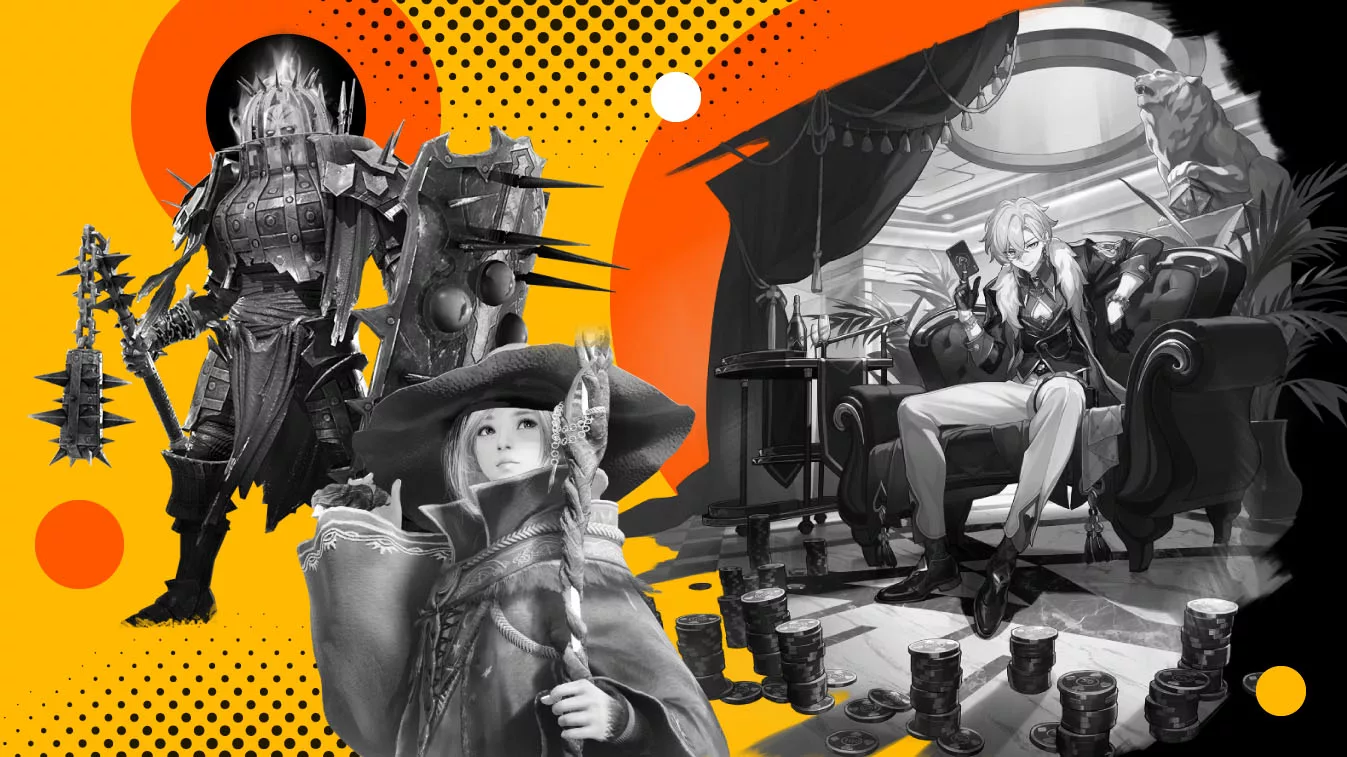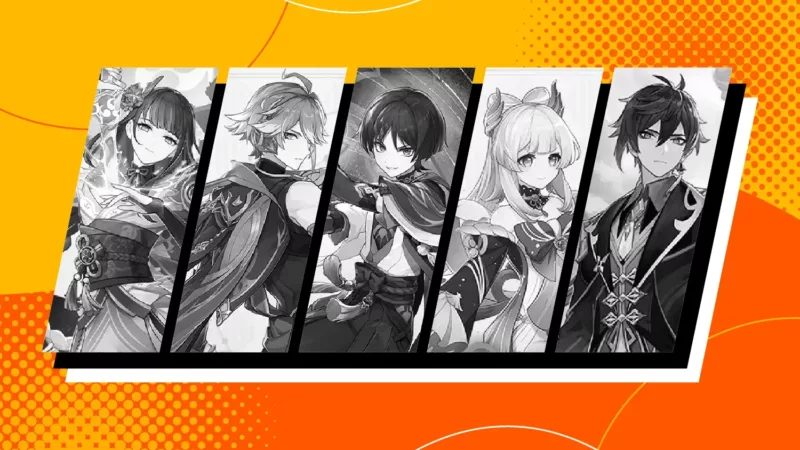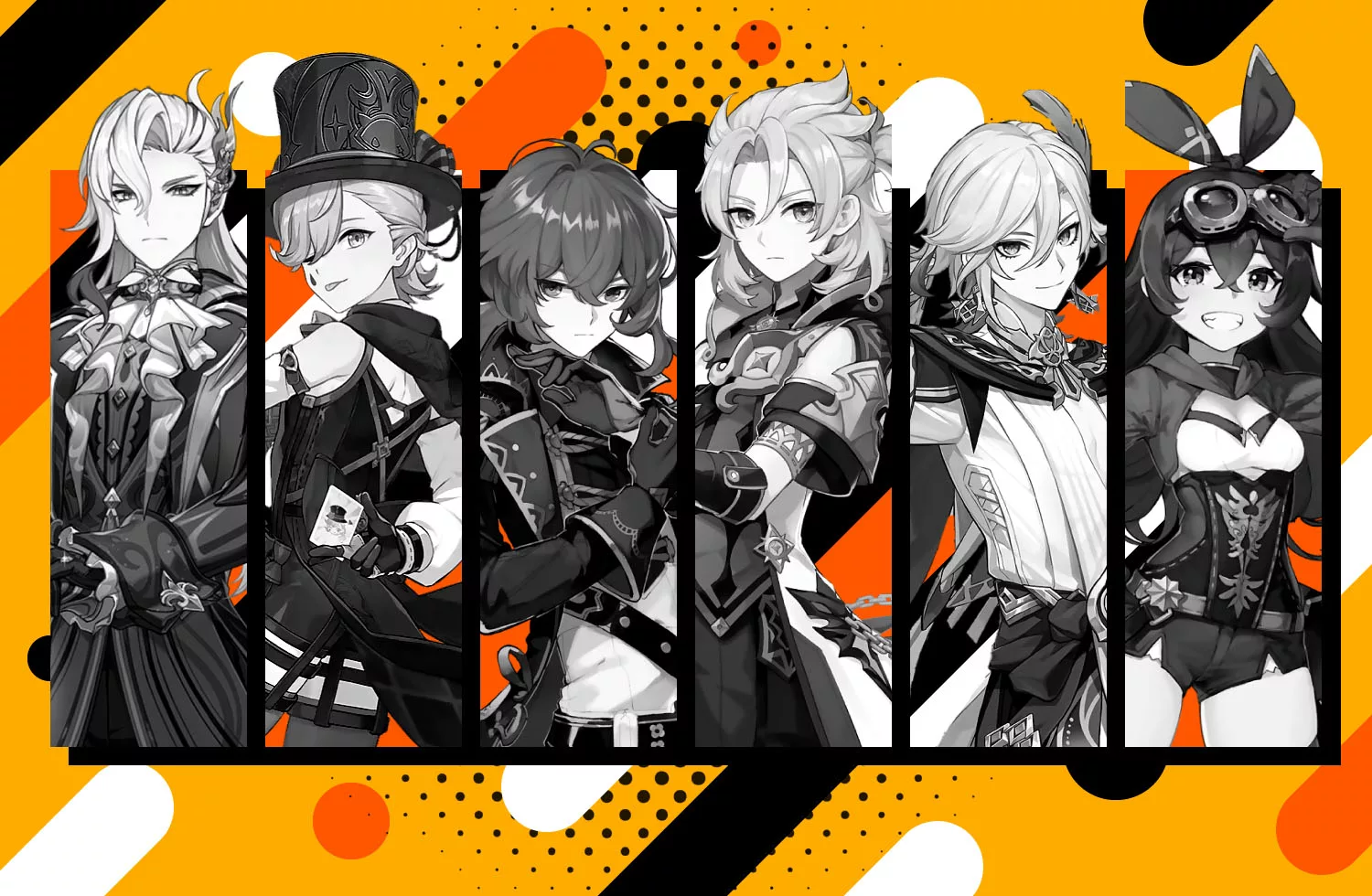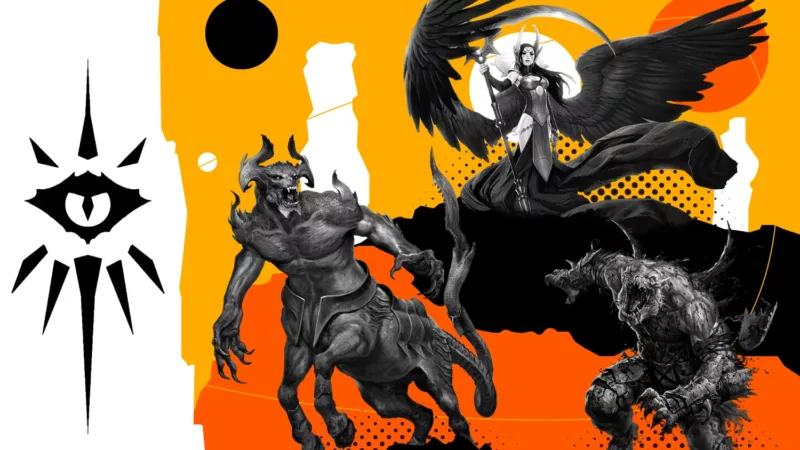
Dividing video games into genres helps players know what to expect. From the fast pace of action games to the self-explained racing games, some genres are easy to understand and explain. When we ask what is an RPG, however, the question is more complicated.
RPGs are some of the most loved titles out there, with many of the biggest series following RPG conventions. They’re also some of the most diverse, constantly expanding and exploring new horizons. This makes answering what is an RPG a challenge, but it is possible. From gameplay systems to character development, here’s everything you need to know.
The Core Elements of an RPG
The most basic answer to what is an RPG is that they’re role-playing games. This doesn’t tell us much, since most games will have you adopt some type of role. The exact term RPG is best seen as a kind of short-hand, as we’d see with Metroidvania or Soulslike.
What Qualifies as an RPG?
The answer to what is an RPG tends to lie in the characters and the mechanics. RPGs tend to heavily involve character stories and the ability to level up to gain strength. They can be grinding games because of these factors, but it’s not always the case.
Firstly, an RPG is not limited by platform. RPGs can be on the oldest consoles, they can be games using Flash, and they can find themselves on the most modern PCs. Even mobile phones can play some of the best RPGs ever. If anyone asks what is an RPG for their favorite system, there are always answers.
To break down what is an RPG game, it’s best to look at its main components. The first element is a heavy focus on characters. A role-playing game places significant emphasis on the main character or characters, their challenges, and their development over the game’s story. Unlike an action title where characters can be more perfunctory, characters in RPG are often the main focus.
The next most important component of what is an RPG is how the character progression works. RPGs tend to place a heavy emphasis on levels and gaining stats. Characters will often start slowly, having trouble doing single digits of damage to rats. At the end of the game, they could hit for damage in the millions, becoming enough of a threat to take on a god.
Gear and luck also help combine stats and leveling, which grow as your characters develop strength and their stories. An end-game character will represent how far you’ve come, and the internal and external battles you’ve fought and won along the way.
Aiding in all these elements is the game’s universe itself, whether it is in small iOS games or PS5 blockbusters. An RPG game embraces characters, stats, storytelling, and gear inside a developed world, full of history and intrigue.

What Is an RPG? Blurring the Definitions
An issue for the question of what is an RPG comes from how games are constantly evolving. Even the most popular games in long-running series will change over time as new trends set new industry standards. This can make it difficult to define RPG video games exactly, and what is another genre of game with some RPG elements.
In genres like platformers or shooters, there was a time when you’d never wonder about RPGs or if you’re playing one once you got halfway through. Today, many genres include some aspects of RPGs, which blurs the lines and makes answering what used to be a simple question much more difficult.
An action game today is more likely to involve hub areas and leveling up. A platformer is more likely to include gear and stats upgrades. It’s a confusing time, and with gaming genres being so often redefined, it creates debate over what is and is not a ‘real’ RPG.

RPGs Yesterday and Today
For a demonstration of RPGs, where they’ve come from, and how they’re aged, a couple of great examples are found in the Final Fantasy series. The original Final Fantasy 7 was the first in the series to embrace 3D, while still working with a traditional turn-based battle system and story structure.
The Final Fantasy 7 Remake arrived 23 years after the original, maintaining the spirit and many of the gear and magic systems. It also moved combat into a more active space, offering a hybrid action/turn-based system in reverence to the original. Both games are cutting-edge, and both illustrate the state of RPGs at the time of their respective releases.
Going against the typical console and PC grain are mobile titles such as Raid: Shadow Legends. These games offer gameplay broken into bite-sized chunks to better fit with smartphones and tablets, while still following story, stat, and gear progression. Again, this is an illustration of market evolution, while still holding strong to core RPG ideals.

FAQs
What is an RPG?
An RPG is a story-based character-driven experience with an emphasis on world-building and statistical growth. Within these lines are near infinite opportunities for experimentation, both within the genre and inside others. RPGs are some of the most loved classic titles out there, and they’re also reaching out to other gaming genres. Understand these elements and their historical progress, and you’ll understand what is an RPG.
What was the first RPG ever made?
Because of genre shifts and a long history, there’s no clear answer to what is the first RPG. 1975’s Dungeon might have been the earliest, as it pushed Dungeons and Dragons onto early desktop systems, though it was an unauthorized adaption.
Are RPGs the Future?
RPG stylings aren’t just turned to today because they’re fun, they serve an important purpose.
AAA video games today are bigger than ever, with wider worlds, longer stories, and better graphics. Genres that once took an hour or two to beat can now take a couple of dozen, and this creates complications for game developers.
When developers ask themselves how to keep players engaged over this amount of time, they can find many of the answers in RPG systems, adopting those they think will fit best into their world and gameplay.
Today, it’s rare to see long games that don’t include at least some form of RPG integration. This doesn’t make them RPGs outright, but it does demonstrate the power and influence of RPGs and their key systems.










